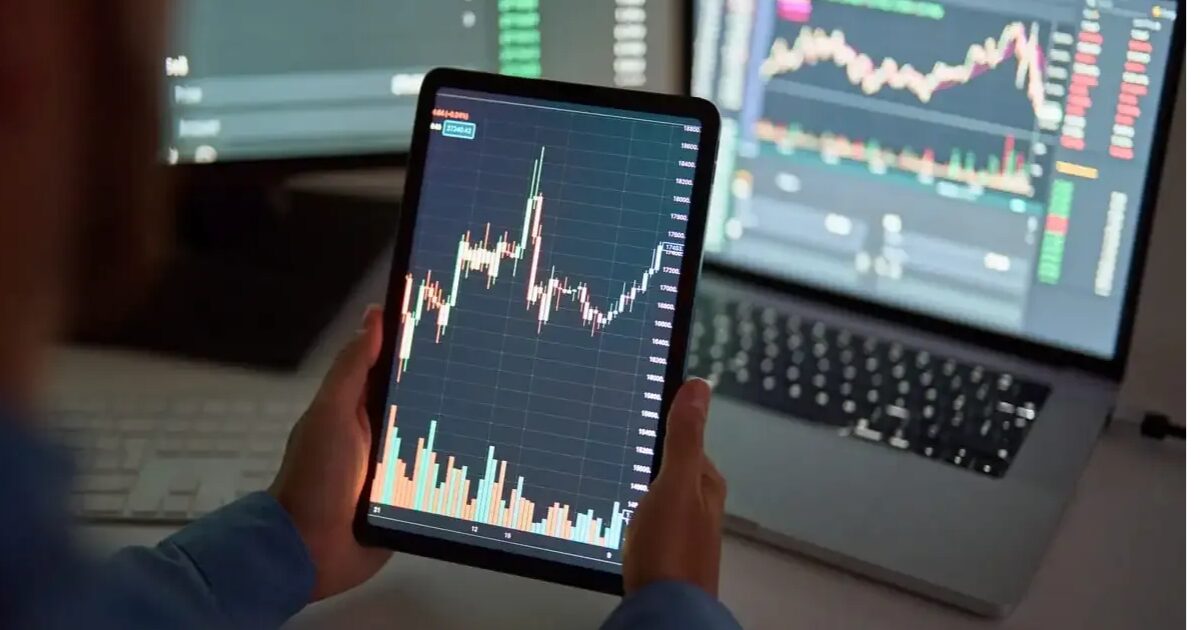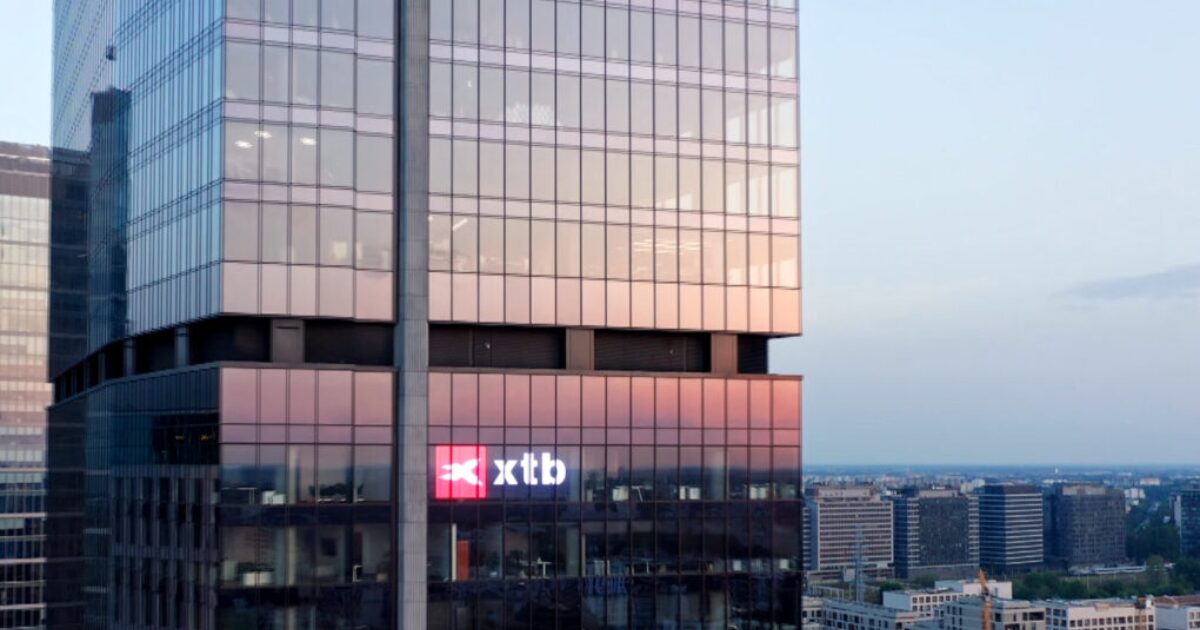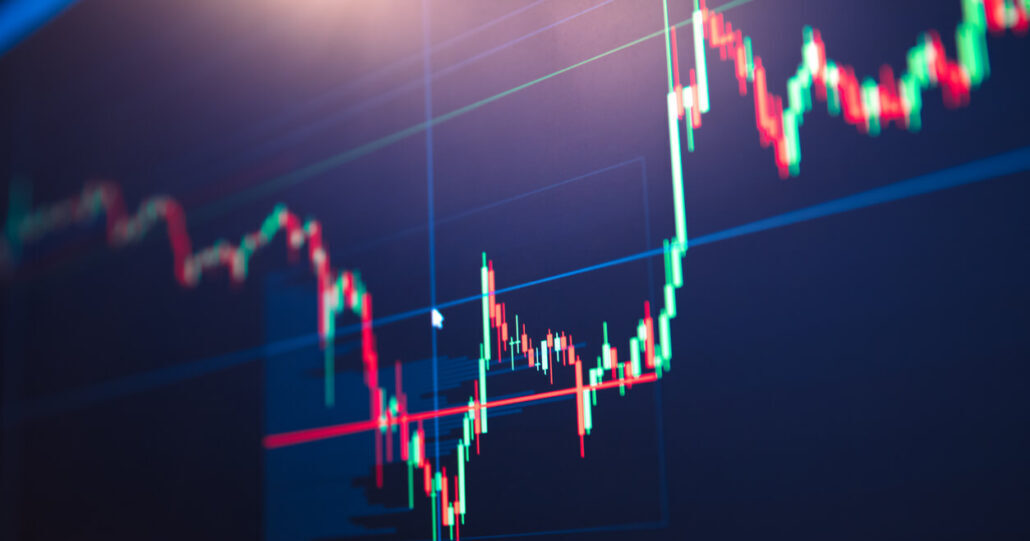Does Jordan have a stock exchange?
 Sam Reid Staff Writer
Sam Reid Staff Writer
“Financial markets grow stronger when transparency becomes the foundation of trust.” That idea captures the evolution of the Jordan stock market over the past two decades. Jordan may be smaller than many regional markets, yet its exchange plays a crucial role in shaping investment flows, supporting economic stability, and connecting local companies with investors across the region. The country’s exchange has undergone several transformations that helped it become more modern, more regulated, and more aligned with global standards.
Many new investors ask a simple question. Does Jordan have a stock market? Yes, and not only is it active, it also continues to expand its strategic vision through better technology, stronger regulation, and initiatives that support modern investment themes such as sustainability and digital access. Understanding how the system works helps traders and long term investors make informed decisions as they explore opportunities through stock trading brokers or online trading brokers in Jordan.
Overview of the Jordan Stock Market
The backbone of the Jordan stock market is the Amman Stock Exchange. The exchange acts as the official marketplace where shares of listed companies are traded. Jordan stocks listed on the ASE includes companies from the banking, services, insurance, and industrial sectors, offering diversified options for regional and international investors. It also provides market data, regulatory oversight, and investor education. Jordan’s stock market includes companies across sectors such as banking, services, industry, insurance, and renewable energy. This diversity helps maintain resilience even during periods of regional uncertainty.
According to Statista Market Insights, Jordan’s market capitalization is projected to reach 12.31 billion US dollars in 2025. Although growth is currently modest at an estimated 0.2 percent, government reforms and rising investor interest indicate increasing momentum. Market activity is also stable, with more than 36 million in projected market volume for 2025 and nearly 240,000 expected trades by 2026. These figures reflect a market that is active and steadily developing.
For anyone exploring investment options, the presence of the Amman Stock Exchange is clear. The market is structured, regulated, and accessible, which answers the core question many ask. Does Jordan have a stock market? Yes, and it is supported by strong governance and continuous modernization efforts.
What Is the Amman Stock Exchange?
The Amman Stock Exchange, commonly referred to as the ASE, was first established in 1999 as a non profit independent institution. Its purpose was to act as a regulated and transparent marketplace for securities trading. In 2017, it transitioned into a public shareholding company fully owned by the Jordanian government. That transition strengthened its structure and allowed it to operate more efficiently while maintaining high regulatory standards.
The exchange is governed by a seven member board of directors along with a full time chief executive officer who oversees day to day operations. It no longer functions only as a trading venue. It also plays a wider role in supporting market growth, increasing investor awareness, and ensuring that trading activity follows fair and secure practices.
Its strategic plan for 2024 to 2026 includes a significant roadmap designed to deepen the Jordan stock market, expand investment accessibility, and improve sustainability practices. This plan aligns with the national Economic Modernization Vision, which focuses on long term economic development. The strategy covers twenty five projects that aim to enhance technology infrastructure, attract more listings, and support investor confidence.
Is Stock Trading Legal in Jordan?
Yes, stock trading is fully legal in Jordan. The system is regulated by the Jordan Securities Commission, which oversees market activity and ensures that trading follows international standards. Investors can participate through licensed stock trading brokers or online trading brokers that allow access to listed companies. The regulatory structure provides investor protection, market transparency, and rules that govern how brokers operate.
Jordan uses a limited exchange self regulatory model. This means the Amman Stock Exchange can administer and implement its own rules, but the final oversight rests with the Jordan Securities Commission. This balance ensures both flexibility and strong governance.
Whether investors trade stocks directly through local brokerage firms or use online platforms, the environment is structured and regulated. This gives traders confidence that their transactions occur within a legally recognized system.
How the Jordan Stock Market Performs Today
Market performance in Jordan reflects the country’s economic cycle, regional conditions, and investor sentiment. Statista data shows that the number of trades, market volume, and listed companies remain stable, with slight growth projected into 2026. While Jordan does not experience the same rapid growth as some larger economies, its market benefits from stability, regulatory clarity, and growing modernization efforts.
Analyst insights highlight that the market has faced challenges such as limited foreign investment and regional uncertainty. However, interest is rising again as government initiatives focus on improving economic stability, enhancing transparency, and attracting both local and international investors.
Key Trends Shaping the Market
- Growing interest in sustainable and socially responsible investing. Younger investors in particular are seeking companies that follow strong environmental and social governance practices.
- Increased use of digital investment platforms. More individuals are accessing the Jordan stock market online.
- Regulatory focus on transparency and improved reporting. The ASE has issued sustainability reporting guidelines and mandatory ESG requirements for certain listed companies.
- Shift toward technology enabled trading. Digital transformation continues to reshape market accessibility.
How Investors Access the Jordan Stock Market
Investors can access listed companies through two main pathways. Whether through local brokerage firms or online trading brokers, those looking to trade a Jordan stock can place orders and manage positions within the regulated Amman Stock Exchange system. The first path is through local brokerage firms that operate under the Amman Stock Exchange. These firms provide account opening, order execution, and trading tools. The second option is through online trading brokers that support access to the Jordan market along with global markets. Both options follow regulatory requirements and provide different features depending on trader preferences.
The rise of digital investing has improved accessibility. More Jordanians now open accounts online and trade using mobile platforms. This shift reflects global investing habits and supports broader market participation across different age groups.
Conclusion
Jordan does have a stock exchange, and its role continues to grow as the economic landscape changes. The Amman Stock Exchange is modern, regulated, and aligned with global practices, making it the central hub of the Jordan stock market. Stock trading is legal, accessible, and supported by clear rules that guide brokers and investors. With rising interest in sustainability, digital access, and economic reform, the market is moving toward a more active and investor friendly future.
The insights, figures, and local regulatory structure all point to a market that is stable, developing, and ready to support new investors who want to participate responsibly through stock trading brokers or online trading brokers.
Disclaimer: Remember that CFD trading involves high risk. Always do your own research and never invest what you cannot afford to lose.
 13th Nov 2025
13th Nov 2025









